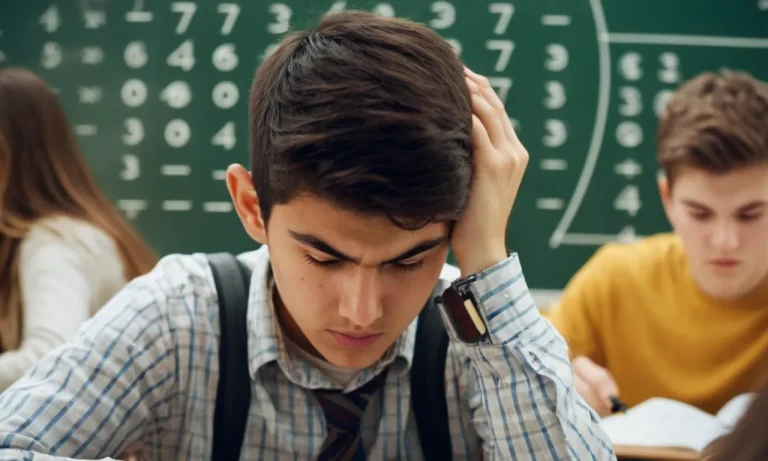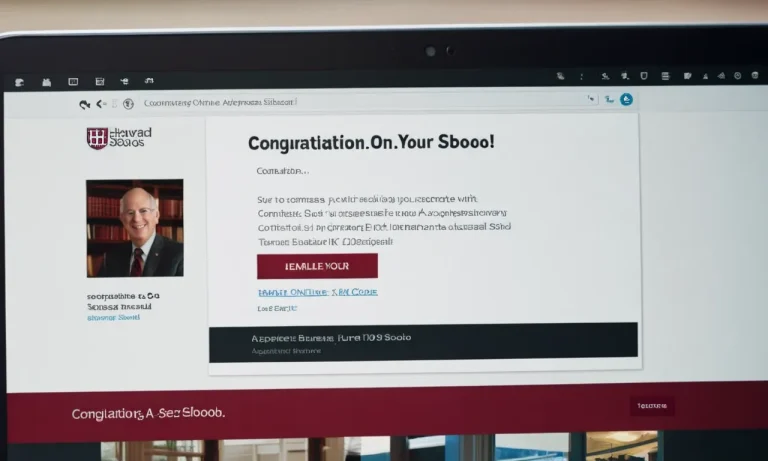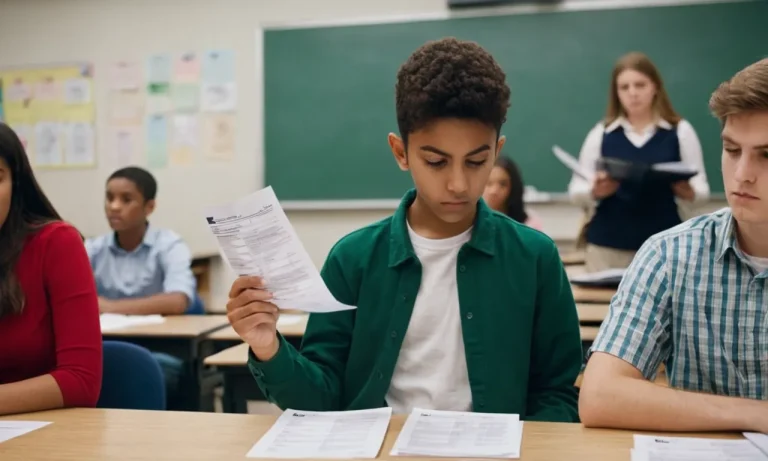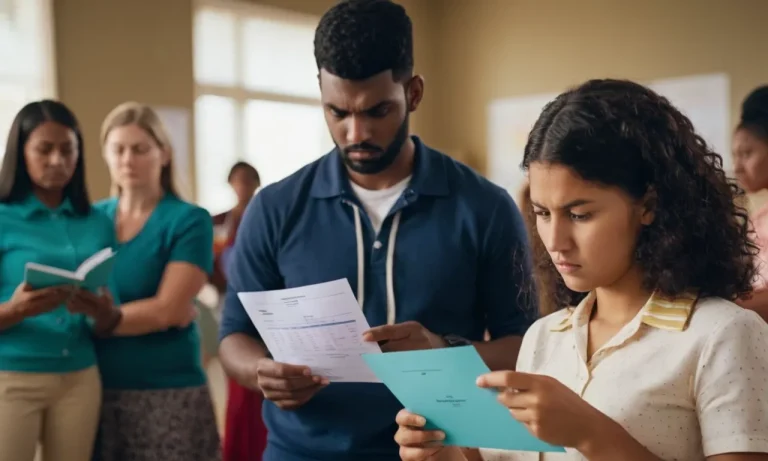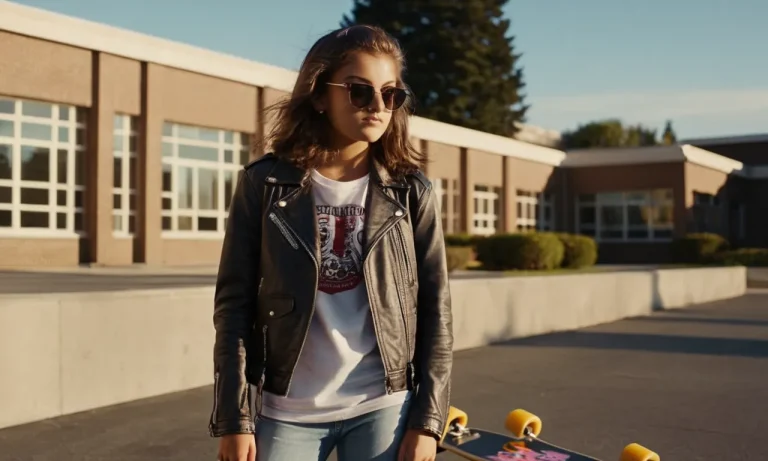As the nation commemorates the life and legacy of Dr. Martin Luther King Jr., a pivotal question arises: Do schools observe MLK Day as a holiday? This inquiry holds significance for students, educators, and families alike, as it impacts schedules, lesson plans, and community events.
If you’re short on time, here’s a quick answer to your question: Most public schools in the United States observe Martin Luther King Jr. Day as a federal holiday, granting students and staff a day off from classes.
However, the observance of this holiday can vary among private schools, charter schools, and certain states or districts.
In this comprehensive article, we will delve into the intricacies of MLK Day observance in schools across the nation. We’ll explore the historical context, legal mandates, and varying practices among educational institutions.
Additionally, we’ll examine the significance of this day in promoting diversity, equity, and inclusion within the educational landscape.
The History and Significance of MLK Day
The Civil Rights Movement and Dr. King’s Legacy
The civil rights movement of the 1950s and 1960s was a pivotal time in American history, marking a turning point in the struggle for racial equality and justice. At the forefront of this movement was Dr. Martin Luther King Jr., a Baptist minister and activist who advocated for nonviolent resistance against the systemic oppression and discrimination faced by African Americans.
Through his powerful speeches, marches, and unwavering commitment to the cause, Dr. King became a beacon of hope and inspiration for millions.
Dr. King’s legacy is one of resilience, courage, and an unwavering belief in the inherent dignity of all human beings. His famous “I Have a Dream” speech, delivered during the 1963 March on Washington, remains a timeless call for unity and equality that continues to resonate with people around the world.
Dr. King’s philosophy of nonviolent civil disobedience, rooted in the teachings of Mahatma Gandhi, played a crucial role in dismantling the Jim Crow laws and paving the way for the Civil Rights Act of 1964 and the Voting Rights Act of 1965.
His legacy serves as a powerful reminder of the ongoing struggle for justice and the importance of standing up against injustice in all its forms.
Establishing MLK Day as a Federal Holiday
In recognition of Dr. King’s immense contributions to the civil rights movement and his enduring impact on American society, the United States established Martin Luther King Jr. Day as a federal holiday in 1986.
This decision came after years of advocacy and campaigning by individuals and organizations who sought to honor Dr. King’s legacy and ensure that his message of equality, justice, and nonviolence would be remembered and celebrated by future generations.
According to the National Archives, the first official observance of MLK Day as a federal holiday took place on January 20, 1986. Since then, it has been observed on the third Monday of January each year, allowing Americans to reflect on Dr. King’s life, teachings, and the ongoing struggle for civil rights.
The Importance of Commemorating MLK Day in Schools
Commemorating MLK Day in schools is of utmost importance for several reasons. Firstly, it provides an opportunity for students to learn about the life and legacy of Dr. King, a pivotal figure in American history who fought tirelessly for the principles of equality, justice, and nonviolence.
By educating young minds about his teachings and the civil rights movement, we can instill in them the values of respect, empathy, and a commitment to creating a more just and inclusive society.
Secondly, observing MLK Day in schools helps to foster a sense of unity and community. By bringing together students from diverse backgrounds and engaging them in discussions, activities, and celebrations centered around Dr. King’s message, we can promote understanding, appreciation for diversity, and a shared commitment to creating a better world.
This can contribute to a more inclusive and welcoming school environment, where students feel valued and respected regardless of their race, ethnicity, or background.
Furthermore, commemorating MLK Day in schools can inspire students to become agents of positive change in their communities. By learning about Dr. King’s nonviolent approach to social justice and his unwavering dedication to the cause, students can be empowered to take action and make a difference in their own unique ways.
Whether through volunteering, advocacy, or simply treating others with kindness and respect, students can carry on Dr. King’s legacy and work towards creating a more equitable and just society.
Legal Mandates and State-Level Observances
Federal Laws and Guidelines for MLK Day Observance
The observance of Martin Luther King Jr. Day as a federal holiday in the United States is mandated by the Martin Luther King Jr. Holiday Act, which was signed into law in 1983 and took effect in 1986.
This legislation designated the third Monday of January as a national holiday to honor the life and legacy of Dr. King, a pivotal leader in the American Civil Rights Movement. The federal government, along with many private companies and organizations, observes this day as a paid holiday for their employees.
According to the U.S. Office of Personnel Management, federal employees are entitled to a paid day off on MLK Day, and federal offices and agencies are closed on this day. However, the guidelines for observing the holiday can vary across states, counties, and local jurisdictions.
Some states have chosen to designate MLK Day as a state holiday, while others leave the decision to individual school districts or local authorities.
State-by-State Variations in MLK Day Observance
The observance of MLK Day as a state holiday or a school holiday varies significantly across the United States. According to a report by the National Conference of State Legislatures, as of 2023, all 50 states and the District of Columbia observe MLK Day as a state holiday, although the specific observances and closures may differ.
Here are some key statistics:
- 32 states require schools to be closed on MLK Day
- 12 states allow individual school districts to decide whether to close schools
- 6 states do not mandate school closures but encourage observance and commemoration
It’s worth noting that these statistics are subject to change as state laws and policies evolve over time. Families and educators are encouraged to check with their local school districts or state education authorities for the most up-to-date information on MLK Day observances in their area.
The Role of School Districts and Local Authorities
While federal and state laws provide guidelines for observing MLK Day, the ultimate decision on whether to close schools or hold classes often rests with individual school districts or local education authorities.
Many school districts use MLK Day as an opportunity to organize educational activities, community service projects, or events that celebrate Dr. King’s legacy and promote diversity, equality, and civil rights.
Some districts may opt to remain open and incorporate lessons and activities related to MLK Day into their curriculum.
It’s essential for parents, students, and educators to stay informed about their local school district’s policies and plans for MLK Day. Checking the school district’s website, attending board meetings, or contacting school administrators can provide clarity on whether schools will be closed or open, and what educational or commemorative activities may be planned. 😊
Practices Among Public and Private Schools
Public School Observance of MLK Day
Public schools across the United States generally observe Martin Luther King Jr. Day as a federal holiday. This means that most public schools have the day off to honor the life and legacy of Dr. King, a pivotal figure in the American civil rights movement.
According to the National Center for Education Statistics data, approximately 50.7 million students attended public schools in the 2020-21 academic year, making MLK Day a widely observed holiday in the public education system.
However, there are some exceptions to this practice. In certain states or school districts, MLK Day may be considered a professional development day for teachers, or it may be treated as a regular school day.
It’s always a good idea to check your local school district’s calendar or policies to confirm their specific observance of the holiday. 😊
Private School Policies and Practices
Private schools have more flexibility in deciding whether to observe MLK Day as a holiday. Some private schools follow the lead of their local public school districts and give students and staff the day off. Others, however, may choose to remain open and conduct regular classes on MLK Day.
The decision often depends on the school’s mission, values, and community preferences. Some private schools see MLK Day as an opportunity to honor Dr. King’s legacy through special assemblies, guest speakers, or educational activities.
Other schools may prioritize maintaining their academic calendar and opt to remain open. It’s essential to check with individual private schools to understand their specific policies and practices regarding MLK Day observance.
Charter Schools and Alternative Educational Institutions
Charter schools, which are publicly funded but independently operated, can have varying practices when it comes to observing MLK Day. Some charter schools align with their local public school district’s calendar and take the day off, while others may choose to remain open.
Similarly, alternative educational institutions, such as online schools or homeschooling programs, have the flexibility to determine their own policies regarding MLK Day observance. Some may provide educational resources or activities related to Dr. King’s life and work, while others may treat it as a regular instructional day.
Ultimately, it’s crucial for families to check with their specific educational institution to understand their approach to MLK Day observance. This information can help plan accordingly and ensure that children’s educational needs are met while also recognizing the significance of this important holiday.
👍
Promoting Diversity, Equity, and Inclusion on MLK Day
Martin Luther King Jr. Day is not just a holiday; it’s an opportunity to honor the legacy of one of the most influential leaders in the civil rights movement and to promote diversity, equity, and inclusion within our communities.
Schools play a crucial role in shaping the minds of future generations, and MLK Day provides an excellent platform to educate students about the importance of these values.
Educational Activities and Lesson Plans
On MLK Day, schools can organize a variety of educational activities and lesson plans to teach students about the life and teachings of Dr. King. This can include watching documentaries, reading excerpts from his speeches, or engaging in discussions about his nonviolent approach to achieving racial equality.
According to a study by the Southern Poverty Law Center, nearly 60% of teachers incorporate MLK Day lessons into their curriculum. However, only 35% of those lessons delve deeply into the historical context and ongoing relevance of the civil rights movement.
To truly honor Dr. King’s legacy, schools should strive to go beyond surface-level lessons and provide students with a comprehensive understanding of the struggles and triumphs of the civil rights movement.
This can include exploring topics such as systemic racism, intersectionality, and the ongoing fight for social justice. By doing so, students will not only gain a deeper appreciation for Dr. King’s work but also develop critical thinking skills and a commitment to promoting diversity and inclusion in their own lives.
Community Outreach and Service Projects
MLK Day is also an excellent opportunity for schools to engage in community outreach and service projects that embody the spirit of Dr. King’s teachings. According to the Corporation for National and Community Service, over 25% of Americans participate in service activities on MLK Day, making it a “day on, not a day off.
“ Schools can organize food drives, clothing donations, or volunteer efforts at local shelters or community centers. These activities not only benefit those in need but also teach students the importance of giving back and being active members of their communities.
Fostering Dialogue and Understanding
Finally, MLK Day presents an opportunity for schools to foster open and respectful dialogue about issues related to diversity, equity, and inclusion. This can take the form of panel discussions, student-led forums, or even virtual events that bring together individuals from diverse backgrounds to share their perspectives and experiences.
By creating a safe and inclusive environment for these conversations, schools can help students develop empathy, understanding, and a commitment to creating a more just and equitable society.
Conclusion
Martin Luther King Jr. Day holds profound significance in the United States, serving as a reminder of the ongoing struggle for civil rights, equality, and social justice. As educational institutions grapple with the observance of this federal holiday, it is crucial to recognize its impact on students, educators, and communities.
While the observance of MLK Day may vary among states, districts, and individual schools, the underlying message remains constant: to honor the life and legacy of Dr. King and to promote the values of diversity, equity, and inclusion within the educational landscape.
By engaging in meaningful activities, fostering dialogue, and encouraging community outreach, schools can play a pivotal role in shaping a more just and equitable society for generations to come.

